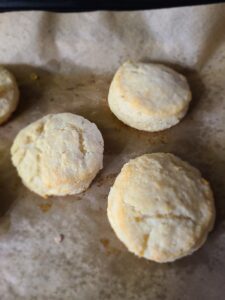Today marks one full year of riding on my Peloton bike. I’ve never stuck with a fitness routine this long. Historically, I’d have given up due to frustration and feeling like I’m not seeing any progress. To be completely honest, I’ve had plenty of those days over the past year.
What have I accomplished?
In one year, I’ve ridden 3195.5 miles – which is roughly Boston to Greenland, or Boston to somewhere in the ocean past California. I’ve done this over 567 rides. To some this may feel like a lot, to other, not so much.
To me, it’s huge. It means that despite wanting to quit numerous times, I haven’t. Not every ride is a great ride but I showed up and moved my legs.
I wanted to see what my progress looked like over the past year so this morning I retook the very first ride I took when I first got the bike. My stats for the ride we better than they were at this time last year. You could say that I should be unsurprised but I’m no athlete and I didn’t want to bank on it. I was, however, very relieved when I quickly outpaced myself.
In addition to riding, I also walk my dog just about every day. I wanted to see how many miles I’d gone in the same amount of time. In one year, I’ve walked 485.56 miles – which is roughly Boston to Virginia Beach. It doesn’t feel nearly as impressive but again, I’m getting up and I’m moving my legs.
What have I learned?
Progress is slow. Sometimes it feels non-existent but that doesn’t mean it’s not happening. Some days showing up and getting on the bike is the progress and the metrics don’t matter.
Consistency is key. The instructors like to call milestones “consistency trophies” and they aren’t wrong. Building a new habit is hard but once it’s there it feels weird to not do it.
Riding half-assed is worse than not riding at all. There have been days that I didn’t feel like riding so I just kind of peddled with no motivation. At the end of the class when I saw that I had crappy metrics I would feel terrible, worse than not even trying at all.
My goals are not at all what I originally thought. Sure, losing weight is a measurable goal but I’ve learned that it’s not the most important thing to me. When I got the bike I had specific health metrics in mind about my weight and my body. As time went on, what I saw happen was that my endurance got better and I got stronger. I had a mental shift where what I cared about was totally different. I’ve learned about power to weight ratio, functional threshold power, and heart rate zones. Those are the goals that I care about now.
Now that I have a full year of data I can start to reset my goals. I know that one goal is to ride more than 3195.5 miles by this time next year and to improve my FTP score by at least 20 more points. As long as I keep trying I should get there.
